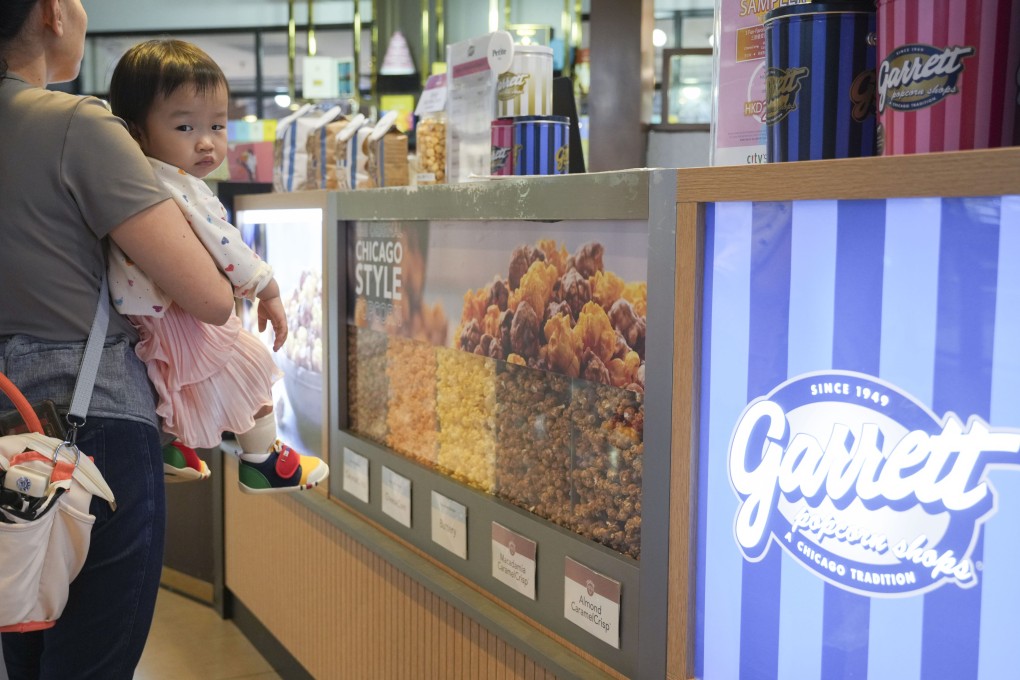Editorial | Retail woes call for new ways to keep Hong Kong’s customers satisfied
As another two chains pull out of Hong Kong and others reduce outlets, stores not afraid of change deserve support

Another double blow has struck Hong Kong’s retail sector and consumer confidence with the closure of a health products chain and gourmet popcorn business. The latest setback must motivate authorities to do more to address the city’s economic woes, but it should also highlight the challenges posed by shifting consumer habits.
One of the latest casualties is CR Care, a company operating under the state-owned China Resources Group. Earlier this month, it said all 19 of its branches would close in early November because of “external uncertainties” and “operational challenges”.
Hours later, Garrett Popcorn Shops said it would shut all six of its outlets this month, although it hopes to return “one day soon”. The chain from Chicago had operated in Hong Kong for 13 years before joining the ranks of outlets leaving the market.
In August, home furnishings store Pricerite and 70-year-old musical instrument chain Tom Lee Music, each closed two stores. Parisian lifestyle brand Paul & Joe announced in June it would leave after 20 years in the city. Earlier, Dah Chong Hong (DCH) Food Mart departed after nearly four decades in business.
CR Care parent China Resources Group said it was not ignoring the local retail market, but Simon Lee Hoey, who is its chief strategy officer for the Greater Bay Area and a lawmaker, admitted the scene was changing rapidly with “non-physical stores or product specialisation” fast aligning with demand.
Local retail sales have stubbornly failed to improve since the pandemic. Government statistics showed figures were down for a sixth straight month year on year in August, tumbling by 10.1 per cent to HK$29.2 billion.

